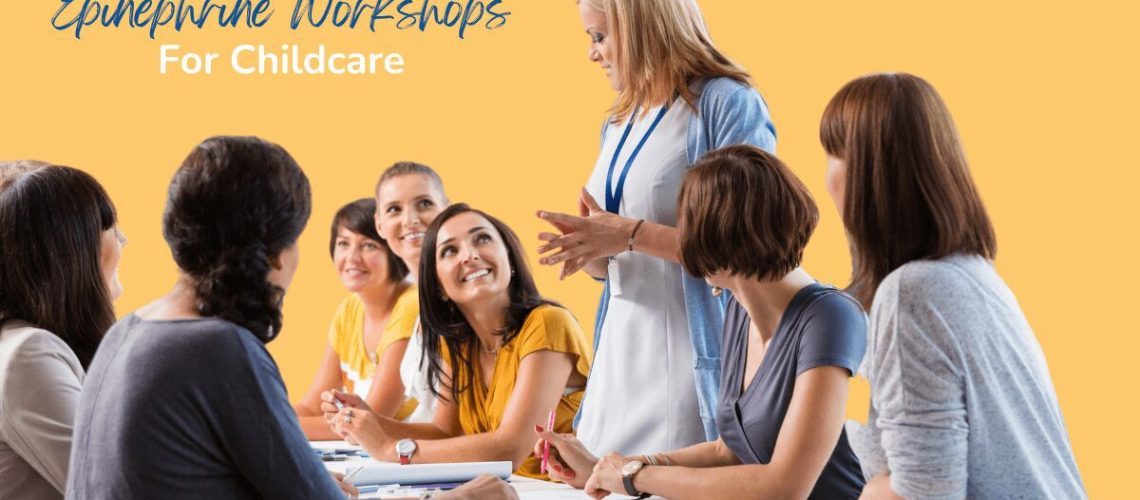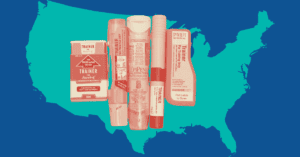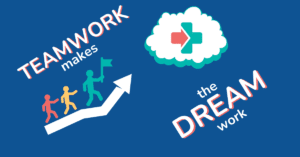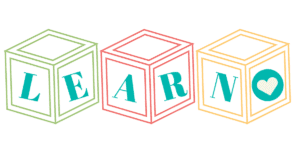Children in daycare are uniquely vulnerable to allergy emergencies. Kiddos with a diagnosed food allergy cannot yet clearly communicate if they are experiencing symptoms of anaphylaxis, and others may not have been diagnosed yet. As such it is extremely important that early childhood professionals working with this population are knowledgeable about how to prevent a reaction, and can respond efficiently and effectively in the case that one does occur. To address this need, we created on online educational program that teaches these professionals everything they need to know about anaphylaxis and how to use an epinephrine auto-injector. We had an overwhelming number of people take this course – so many that it crashed our website! In the feedback we got, we saw that a lot of our learners requested the same thing: hands-on training with the devices. To meet this need, we partnered with our wonderful friends at the New York City Department of Health and Mental Hygiene to offer in-person workshops to early childhood professionals in the New York City area.
In 2018 and 2019, we offered over 30 workshops and trained over 200 early childhood professionals! We intentionally kept the size of each workshop small so that each trainee could get ample time with the devices and ask any and all questions to our resident expert, Dr. Alice Hoyt. Attendees were surveyed before and after the presentation to measure change in knowledge of anaphylaxis and device administration. We were excited to find that everyone displayed increased knowledge after the training! Based on feedback from the 2018 workshops, we expanded the 2019 workshops to include discussion of potential anaphylaxis scenarios, and we also assessed anxiety surrounding responding to a food allergy emergency both before and after the workshop. These adjustments were well-received, and we found that the combination of the online course and the hands-on workshop significantly reduced the amount of anxiety our learners were feeling.
We were blown away by the reception of these workshops. We love getting to work with our learners personally, and it was exciting to see that they enjoy it just as much as we do. Diving into the data, we found that these types of experiences increase knowledge while decreasing anxiety about food allergy and anaphylaxis, making for better prepared early childhood professionals. Regular trainings like this would likely be beneficial to all who work with individuals with food allergy.




